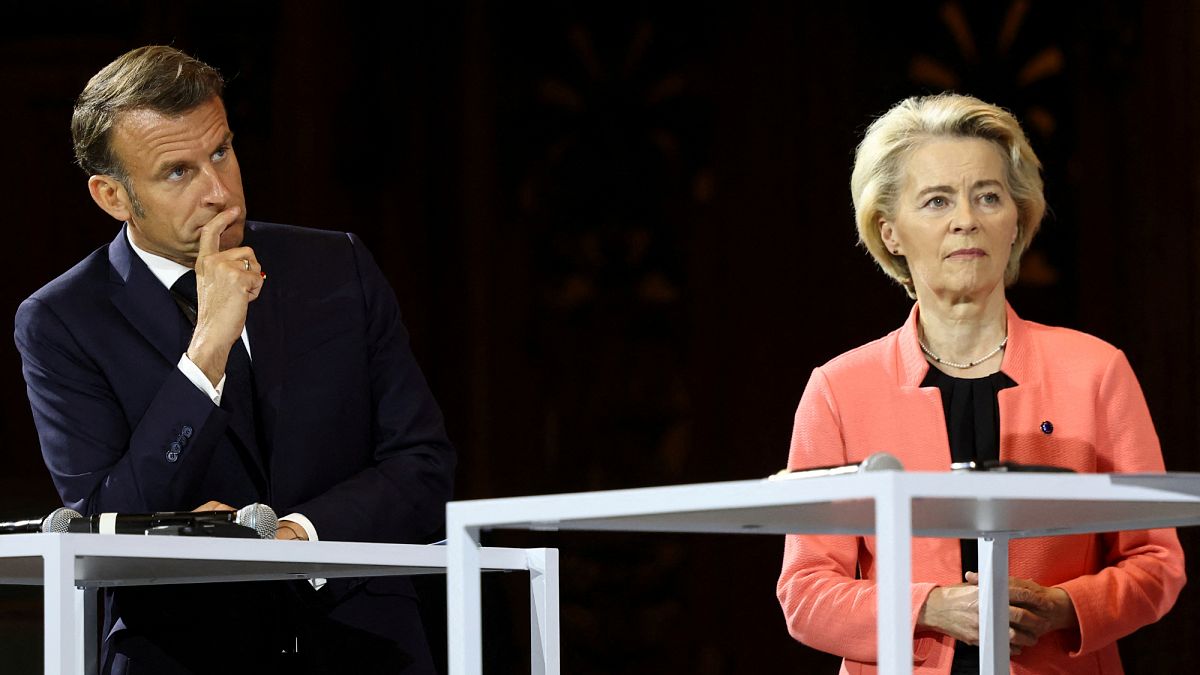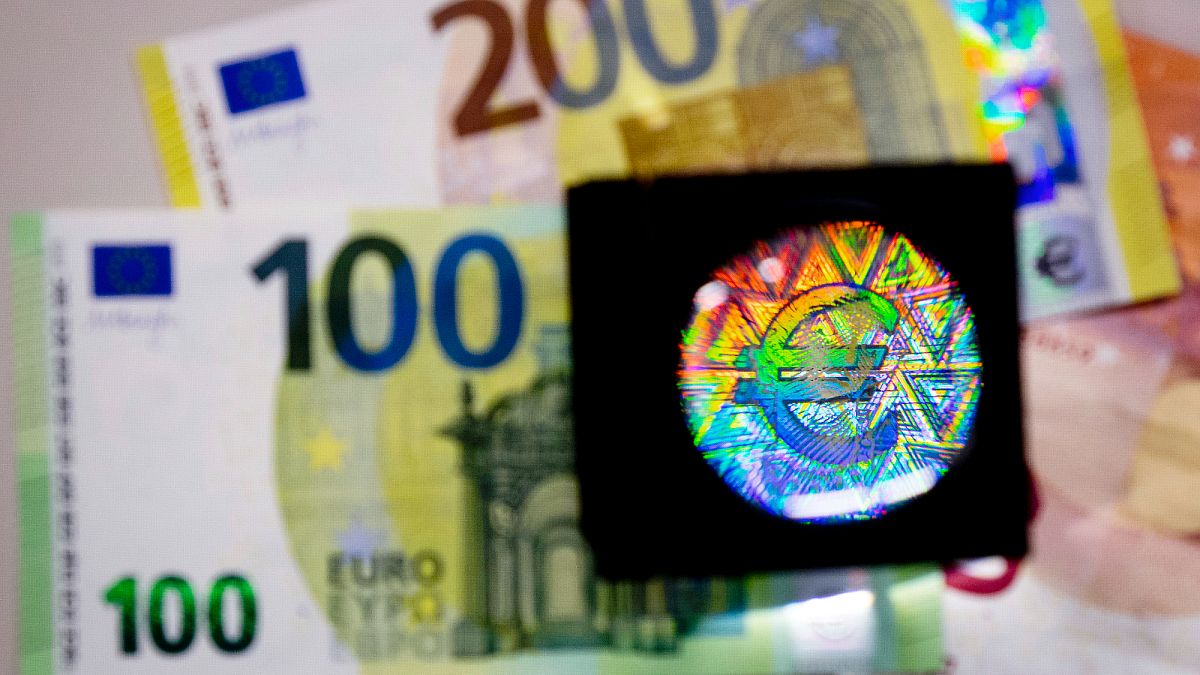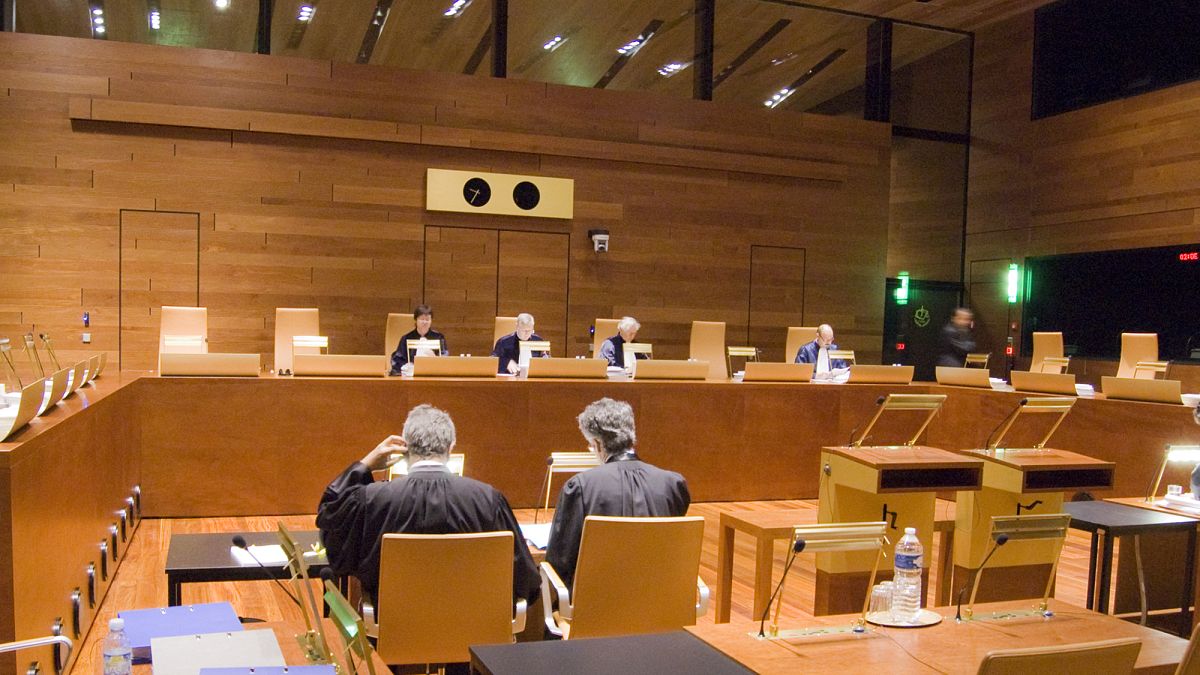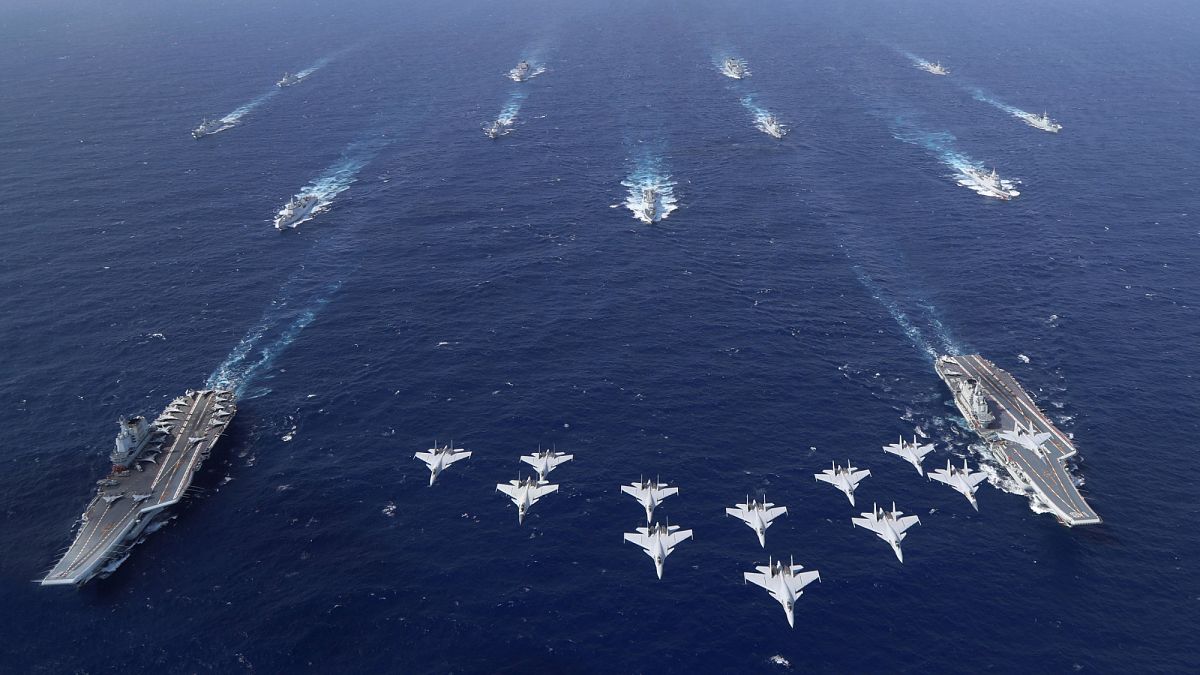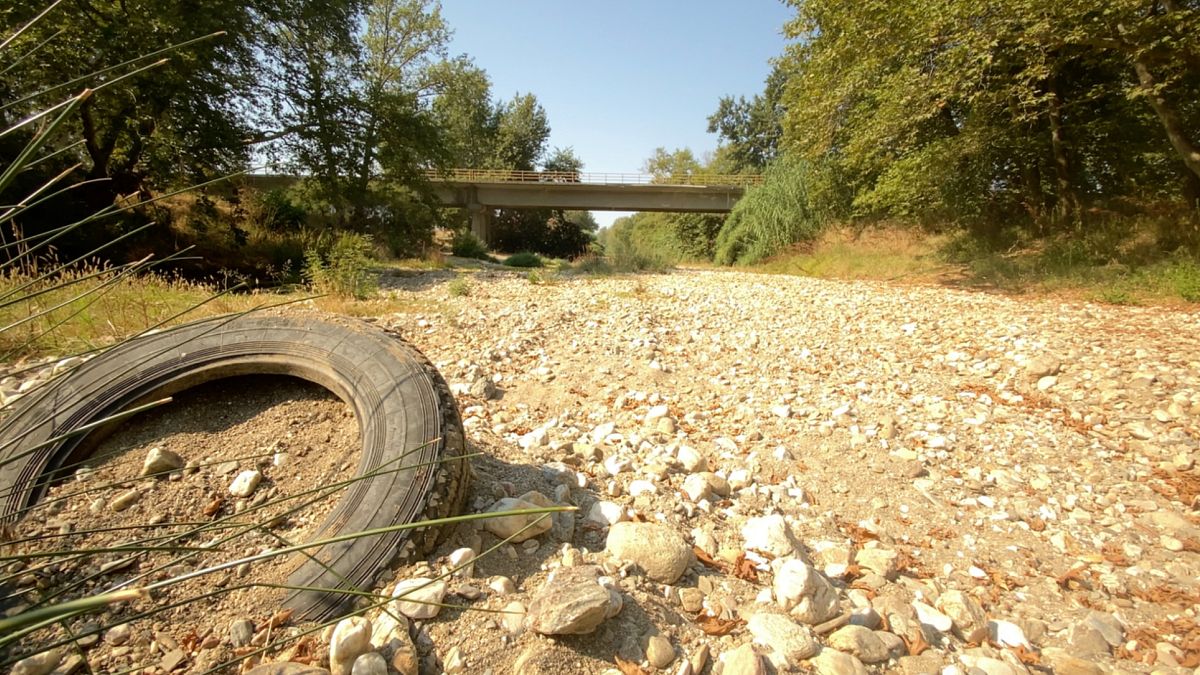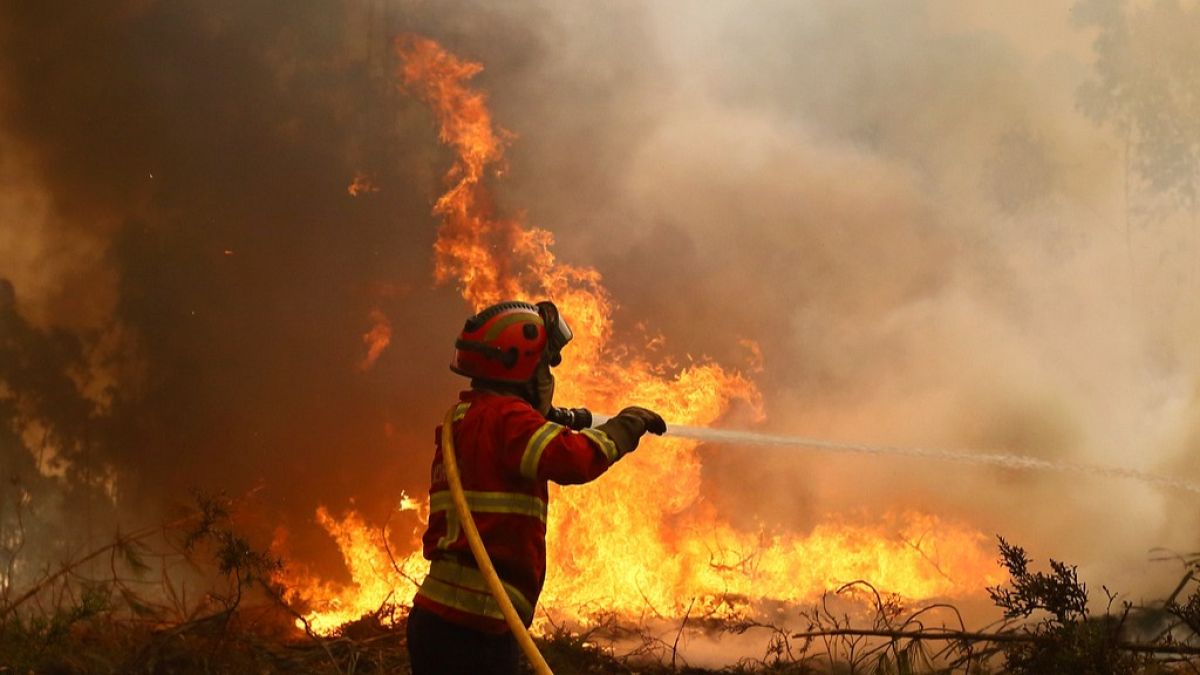Published on
A Philippine campaign aimed at exposing what is calls China’s aggression in the South China Sea has shattered “the illusion of China being peaceful and friendly,” Lithuania’s defence chief said on Wednesday.
Beginning in 2023, the campaign, which Manila calls a “transparency initiative,” includes publicising images of China’s aggressive actions in the disputed waters.
“I believe that, in this case, revealing to the world how China is harassing the Philippine’s navy and fishermen of the Philippines in their own waters is very important because it shatters the illusion of China being a peaceful and friendly neighbour,” Defence Minister Dovilė Šakalienė said.
“It’s nothing peaceful when you see water cannons being used against peaceful fishermen and there’s nothing peaceful about ramming the ships of Philippines in the territorial waters of the Philippines.”
Šakalienė expressed support to former Filipino senator Francis Tolentino while in the capital for talks aimed at deepening defence ties between the two countries.
Tolentino was sanctioned by China on Tuesday for his strong criticism of Beijing’s acts of aggression and for his work on two new laws, which demarcated Philippine territorial zones, including in parts of the South China Sea that Beijing claims.
Šakalienė said she and her family had been sanctioned by China and banned from entering the country.
“Welcome to the club,” Šakalienė said in an interview with a small group of journalists.
“Talking about China’s crimes is what gets you into the blacklist…pressure, coercion and threats is their usual method of operation,” she said.
Chinese officials did not immediately comment on Šakalienė’s remarks.
During President Ferdinand Marcos Jr.’s administration, which began in mid-2022, the Philippines invited Filipino and foreign journalists to join its coastguard and navy patrols in the disputed South China Sea.
They have witnessed an increasingly alarming spike of confrontations in the waters in recent years, with China using water cannons and dangerous manoeuvres to defend its claim to the global trade route.
China blames the Philippines for instigating the clashes. A 2016 international arbitration decision invalidated China’s claims based on the 1982 UN Convention on the Law of the Sea, but Beijing has rejected the ruling and continues to defy it.
Šakalienė claimed that in the Baltic Sea, Chinese ships and crew members have helped suspected Russian fleets damage undersea oil pipelines and data and electricity cables belonging to European countries by dragging their anchors along the seabed.
She warned that such acts of sabotage could also be carried out in Asia by China and Russia.
Vietnam, Malaysia, Brunei and Taiwan have also been involved in the long-simmering territorial disputes in the South China Sea but they have not been as vocal against China’s aggression as the Philippines.
The United States does not lay claim to the disputed waters but has repeatedly claimed that it is obligated to defend the Philippines — Washington’s oldest treaty ally in Asia — if it comes under an armed attack.
Šakalienė warned that it’s crucial for countries to band together and fight an emerging authoritarian bloc consisting of China, Russia, Iran and North Korea which she called a threat to democracy.

